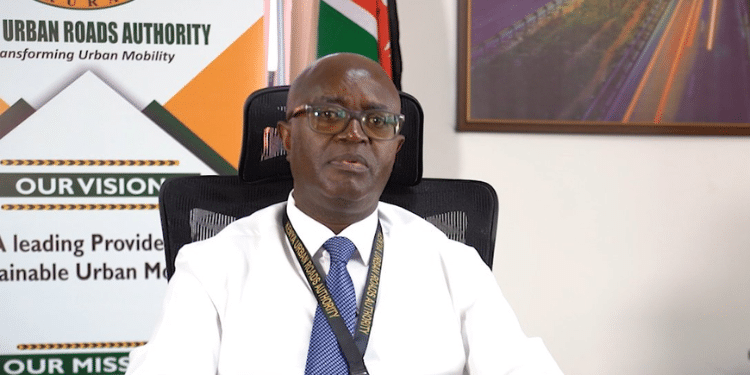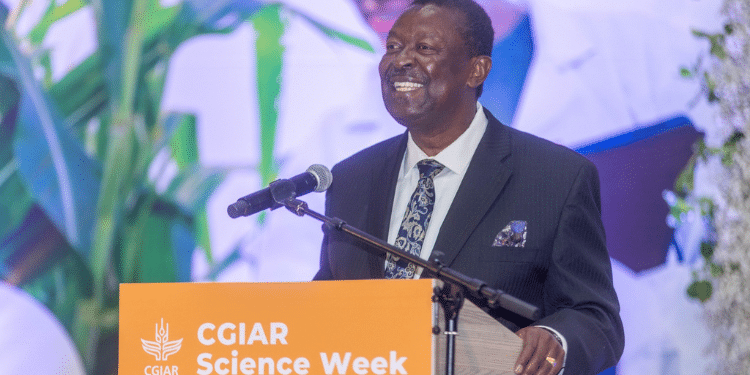Prime Cabinet Secretary (CS) and CS for Foreign and Diaspora Affairs Musalia Mudavadi on Monday, April 8 asked Kenyans and leaders to question why some people still go without food in this technological era.
Speaking during the official opening of CGIAR Science Week 2025 at the United Nations Headquarters in Nairobi, Mudavadi said that science is the accelerator of food security and a key pillar of political stability.
Mudavadi warned that without science, the world cannot build resilient food systems.
He questioned why hunger persists despite major advances in science and technology.
“Why are we still hungry when science and technology have given us the tools? This is a critical question we must ask ourselves,” he said.
The Prime CS explained that nations cannot remain stable without food.
Mudavadi Advice to African Leaders
Mudavadi said agriculture is the backbone of Africa’s economy, employing over 60 percent of the population.
He said the sector contributes significantly to national output and ensuring food security for millions of people.
However, he said the sector faces immense challenges from climate change and extreme weather conditions, land degradation, soil infertility, food insecurity and malnutrition, post-harvest losses and limited access to technology, financing, and investments, and of course, conflicts.
Mudavadi called for bold, science-driven solutions to address the global food security crisis.
Additionally, he urged leaders to adopt science and technology more intentionally.
He said this would boost food production, fight agricultural diseases, and help tackle the effects of climate change.
Also Read: Side Dishes: The Cultural and Economic Battle for Kenya’s Staple Foods
2025 Theme
Besides, Mudavadi said the 2025 theme, Welcoming Science, was timely as nations face rising food insecurity, climate shocks, and soil degradation.
He described the conference as a defining moment and stressed the need for collaboration among governments, researchers, and development partners.
“It is a call to action for governments, researchers, private sector players and development partners to chart a new path for sustainable agriculture and resilient food systems in low- and middle-income countries,” he said.
Also Read: 10 Most Popular Street Foods in Kenya
Kenya-CGIAR Partnership
Mudavadi praised Kenya’s long-standing partnership with CGIAR. He highlighted the work of ILRI, IFPRI, and KALRO in developing drought-tolerant crops, livestock vaccines, and climate-smart farming tools.
He said the hunger crisis calls for more practical, inclusive, and politically supported solutions.
“We must turn political will into political action. We need more scientists, more funding, and stronger partnerships,” he said.
BETA & Food Security
Further, Mudavadi reaffirmed Kenya’s commitment to agricultural research.
He said agriculture is central to the country’s Bottom-Up Economic Transformation Agenda and food security priorities.
“We believe that transforming this sector will drive poverty reduction and job creation, improved livelihoods and food security, gender equality and inclusion, and climate change adaptation and environmental sustainability,” Mudavadi added.
CGIAR Science Week 2025 is a week-long conference. It brings together global experts to scale up science-based solutions for agriculture, climate resilience, and sustainable food systems.
Follow our WhatsApp Channel and X Account for real-time news updates.










































































